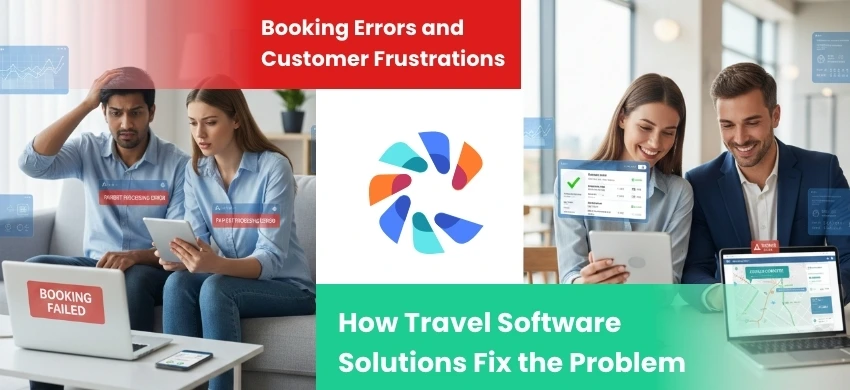
Introduction
Android app development frameworks have revolutionized the mobile application industry, enabling developers to create powerful, scalable, and feature-rich apps. Whether you are a beginner or an experienced developer, choosing the right framework is crucial for building high-performing Android applications. In this blog, we will explore the Top 7 Android app development frameworks that can help you build dynamic and interactive apps efficiently.
Top 7 Android App Development Frameworks
1. Flutter
Flutter, developed by Google, is one of the most popular Android app development frameworks. It is an open-source UI toolkit that allows developers to create natively compiled applications for mobile, web, and desktop using a single codebase. With its expressive UI components and high-performance rendering engine, Flutter provides a seamless development experience.
2. React Native
React Native, backed by Facebook, is another leading Android app development framework that enables developers to build cross-platform applications using JavaScript. It provides a native-like experience and allows code reusability across different platforms, significantly reducing development time and effort.
3. Xamarin
Xamarin, owned by Microsoft, is a powerful Android app development framework that allows developers to create native apps using C#. With its integration into Visual Studio, Xamarin provides a robust environment for building high-performance Android applications with a single shared codebase.
4. Ionic
Ionic is an open-source framework that is widely used for developing hybrid mobile applications. This Android app development framework is based on web technologies such as HTML, CSS, and JavaScript, making it easy for web developers to transition into mobile app development.
5. NativeScript
NativeScript is an open-source Android app development framework that allows developers to create truly native applications using JavaScript, TypeScript, or Angular. It provides direct access to native APIs, ensuring high performance and a native user experience.
6. PhoneGap
PhoneGap, now integrated into Apache Cordova, was once a standalone Android app development framework. It enables developers to create mobile apps using standard web technologies and access native device capabilities through plugins.
7. Framework7
Framework7 is an easy-to-use Android app development framework that helps developers build hybrid mobile applications with a native feel. It offers a rich set of UI components and supports popular frameworks like Vue.js and React.
Conclusion
Choosing the right Android app development framework depends on various factors such as project requirements, budget, and developer expertise. Whether you opt for Flutter, React Native, Xamarin, or any other framework from this list, each has its own strengths and unique features to enhance your Android app development process.



